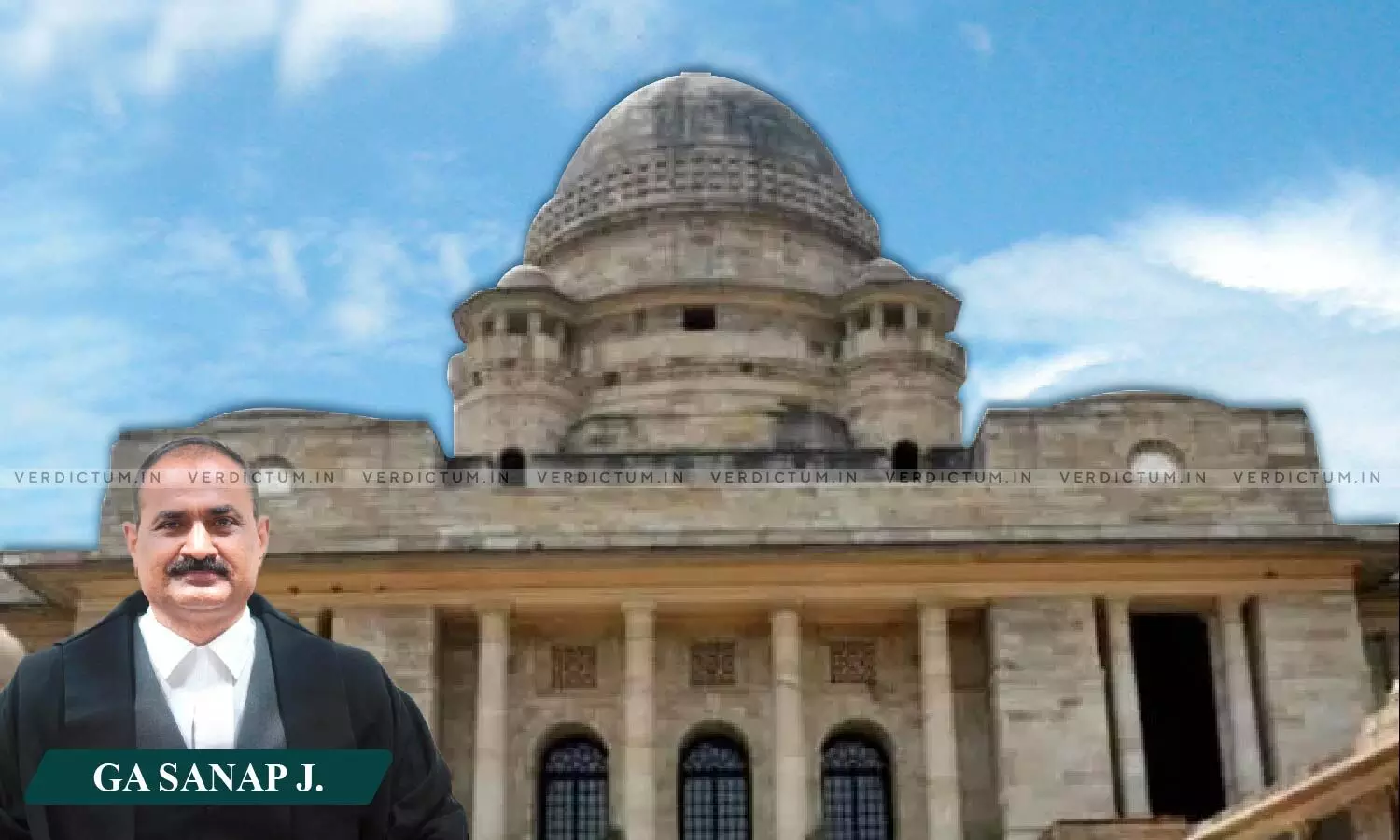
Crossed Bounds Of Humanity; Took Advantage Of Victim’s Mental Condition To Satisfy His Lust: Bombay HC Upholds Conviction Of Man In Rape Case
 |
|The Bombay High Court upheld the conviction of a man who was accused of raping a 90% mentally retarded girl.
The accused had filed an appeal before the Nagpur Bench, challenging the judgment of the Additional Sessions Judge by which he was convicted for the offences punishable under Sections 376(2)(j) and 376(2)(l) of the Indian Penal Code (IPC).
A Single Bench of Justice G.A. Sanap remarked, “The victim could not even tell her name. The crime committed by the accused has crossed all the limits of humanity. It was a crime not only against the victim but also against society. The accused, knowing fully well that the victim was mentally retarded, committed such a gruesome crime with her. The crime committed by the accused indicates that in order to satisfy his lust, he took advantage of the mental condition of the victim. The crime is deplorable. Such a crime is bound to shock collective conscious of society. The accused has crossed the bounds of humanity.”
Advocate R.M. Daga appeared on behalf of the appellant/accused while APP Hemlata Dhande appeared on behalf of the respondent/State.
Factual Background -
The mother of the victim girl lodged an FIR in 2016 regarding the rape of her mentally disabled daughter. It was stated that the informant/mother used to leave home at 10:00 a.m. every day for work and return in the evening. The victim used to be at home and it was stated that few months prior to the lodging of FIR, the informant observed that the victim had not got her period in the months of August, September, and October. In November, she took the victim to the hospital for examination and thereafter, the doctor informed that the victim was pregnant. The informant inquired about the matter with the victim but on account of her mental condition, she was unable to relate the incident.
The informant, being busy in earning a hand to mouth existence and being alone, did not immediately approach the police. After some time, she went to the police and lodged the report of rape. In the report, the informant stated that various persons including the accused/appellant used to come to her house, talk to the victim, and even provide eatables to the victim in her absence. Based on the DNA report, the accused was arrested. Resultantly, he was convicted by the Sessions Court and was sentenced to rigorous imprisonment of 14 years along with a fine of Rs. 2,000/-. Being aggrieved, he approached the High Court.
The High Court in view of the above facts observed, “In my opinion, the evidence adduced by the prosecution is sufficient to prove the involvement of the accused/appellant in this crime. … The Apex Court has observed that DNA Technology as a part of Forensic Science and Scientific discipline not only provides guidance to investigation but also supplies the Court accurate information about tending features to establish identification of criminals.”
The Court added that the DNA report deserves to be accepted unless it is absolutely dented and for non-acceptance of the same, it is to be established that there had been no quality control or quality assurance.
“If the sampling is proper and if there is no evidence as to tampering of samples, the DNA test report is to be accepted. No doubt to doubt the quality control or quality assurance of the DNA report. … In the facts and circumstances, I conclude that evidence on record is sufficient to prove the guilt of the accused. The victim on the date of commission of crime was suffering from mental disability. She is 90% mentally retarded.”, it further noted.
The Court also noted that the accused, who is the neighbour of the victim has taken undue advantage of the situation.
“Learned Judge has properly appreciated the evidence. I do not see any reason to interfere with the well reason judgment and order”, it concluded.
Accordingly, the High Court dismissed the appeal and upheld the conviction of the accused.
Cause Title- Dilkhush v. The State of Maharashtra (Neutral Citation: 2024:BHC-NAG:10094)